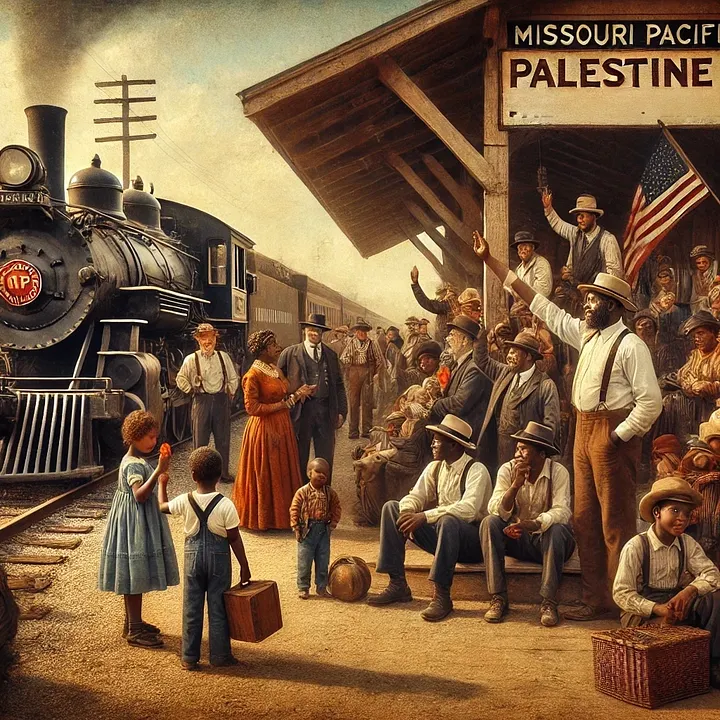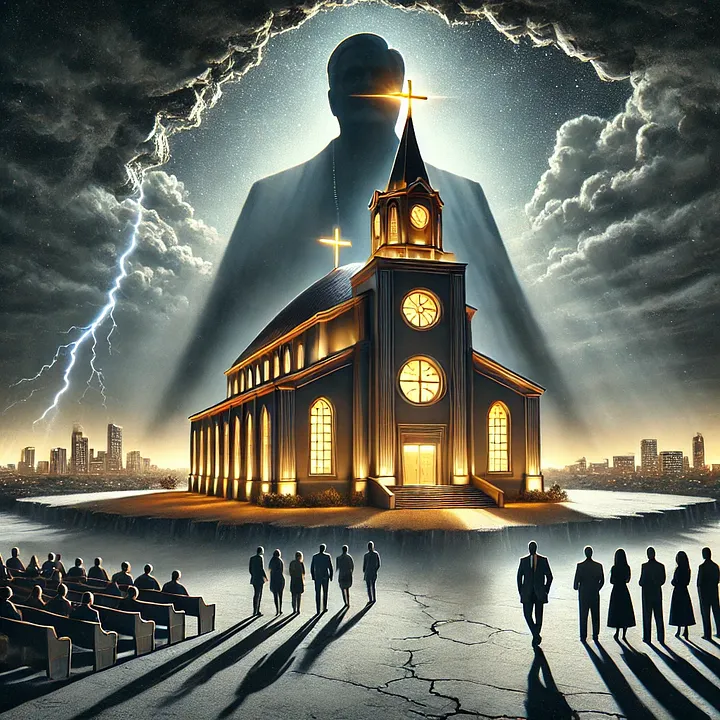I’ve never been one to over-romanticize the past. To me, history’s value lies less in nostalgia and more in its lessons. But when it comes to the Black Church, I can’t help but reflect on its profound role in shaping leadership, unity, and purpose within the Black community. My thoughts recently sharpened after a spirited conversation with a close friend, Jane Taylor, who unexpectedly said, “We need to go back to church.”
She wasn’t just talking about Sunday worship. She was calling for a return to the values, structure, and leadership the Black Church once represented the same foundation that helped shape education, civil rights, and community solidarity for generations.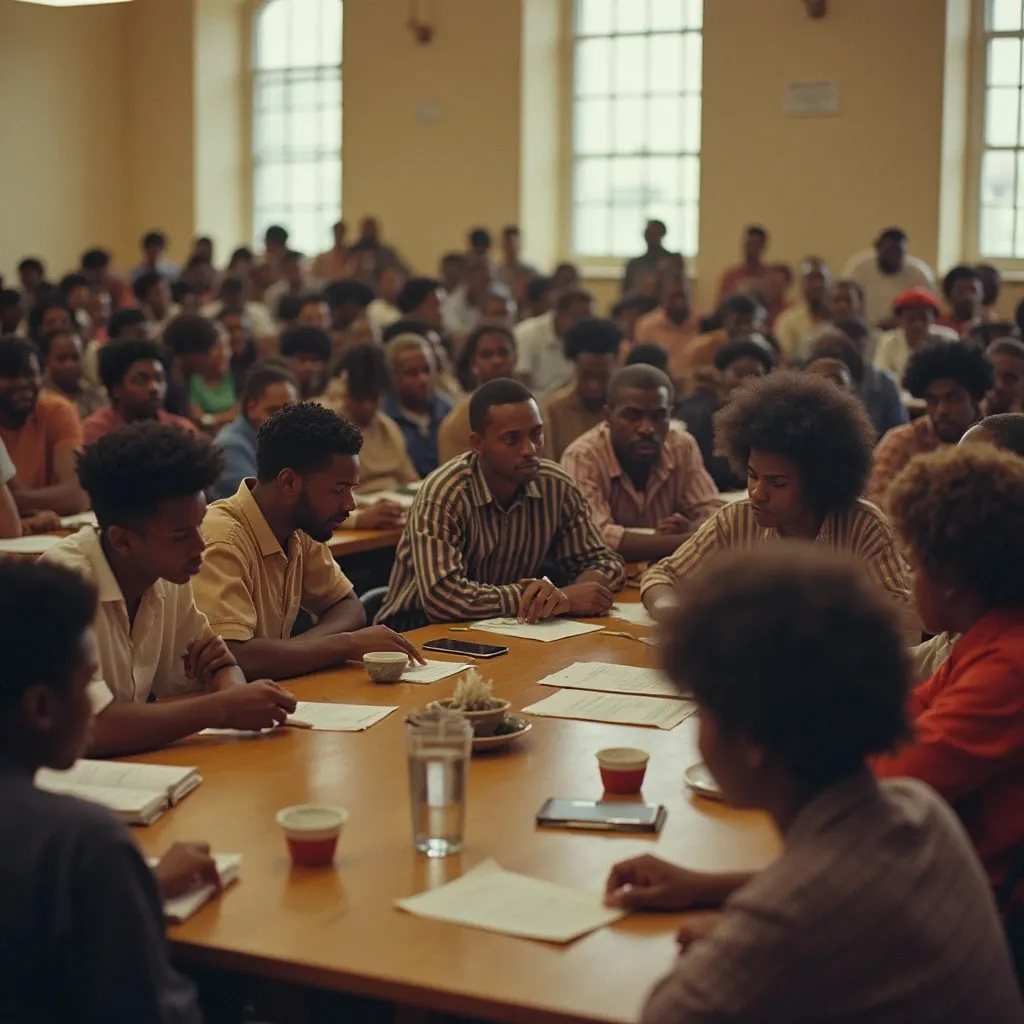
1. The Black Church Was Once the Blueprint for Leadership
Long before Black leaders had official titles, the pulpit was the podium of change. Pastors in the Black Church were more than spiritual guides, they were community organizers, political advocates, and defenders of justice.
Historically, this was the first “union” for many in the Black community; a place where voices came together, collective needs were addressed, and strategies for progress were built. The church taught discipline, self-reliance, and responsibility. It was a training ground for leaders, equipping men and women to navigate and challenge unjust systems.
Today, however, some of that leadership has been diluted. Branding has often replaced genuine community building, and personal profit sometimes outweighs public service. To reclaim the Black Church’s influence, leadership must again mean being deeply involved in solving community issues not just delivering sermons.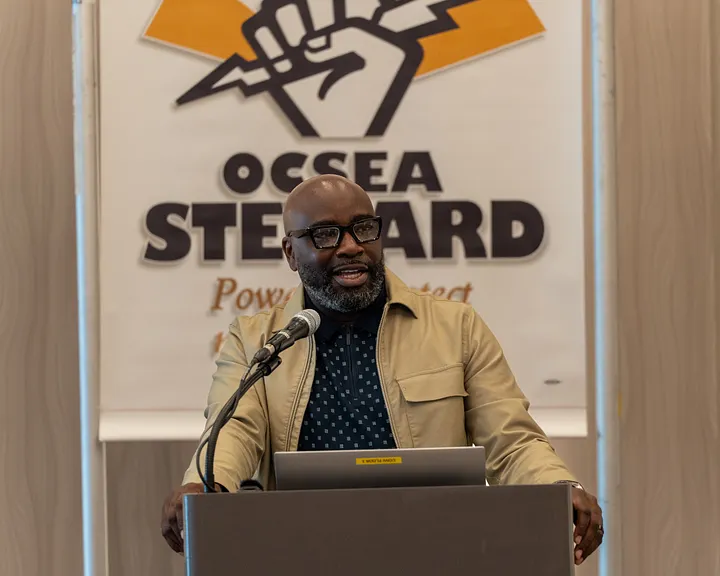
2. The Black Church Unified Communities Through Purpose
Before civil rights organizations became nationally recognized, the Black Church was the movement. It was the rallying place for protests, the headquarters for political action, and the safe space for strategic planning. Education often began here, with reading, writing, and math taught within its walls when formal schooling was denied to Black people.
It was also the birthplace of Black-owned businesses. Entrepreneurs leaned on church networks for support, mentorship, and customers. The result? A thriving economic ecosystem that strengthened neighborhoods and created generational wealth.
This unity wasn’t accidental, it was intentional. It was the product of shared purpose, mutual support, and a commitment to collective progress. Restoring that purpose could rebuild the economic and social strength that has been lost in many communities.
3. The Black Church Instilled Work Ethic and Responsibility
Growing up, work was never just about making money. It was about building character, independence, and community pride. In my own childhood, I worked a paper route at 11 years old, covering neighborhoods before dawn. Friends like Lorenza would pitch in without hesitation, understanding that the work mattered for more than just personal gain.
The Black Church reinforced this work ethic. It taught that labor was a way to honor God, provide for family, and contribute to something bigger than oneself. Young people learned responsibility early; whether through helping with church events, supporting neighbors, or participating in community projects.
Today’s generation needs that same grounding. Reviving these lessons could help restore dignity, discipline, and pride in hard work.
4. The Black Church Was the Heart of Education and Advocacy
Education was once a core mission of the Black Church. Pastors and church leaders, built schools, funded scholarships, and ensured that learning was a community priority. This investment produced lawyers, teachers, activists, and innovators who transformed society.
The church also stood firm in advocacy challenging injustice and pushing for laws that protected civil rights. It was a constant voice for equality, speaking truth to power without fear.
To restore its influence, the Black Church must recommit to these priorities: championing education, mentoring youth, and standing unapologetically for justice.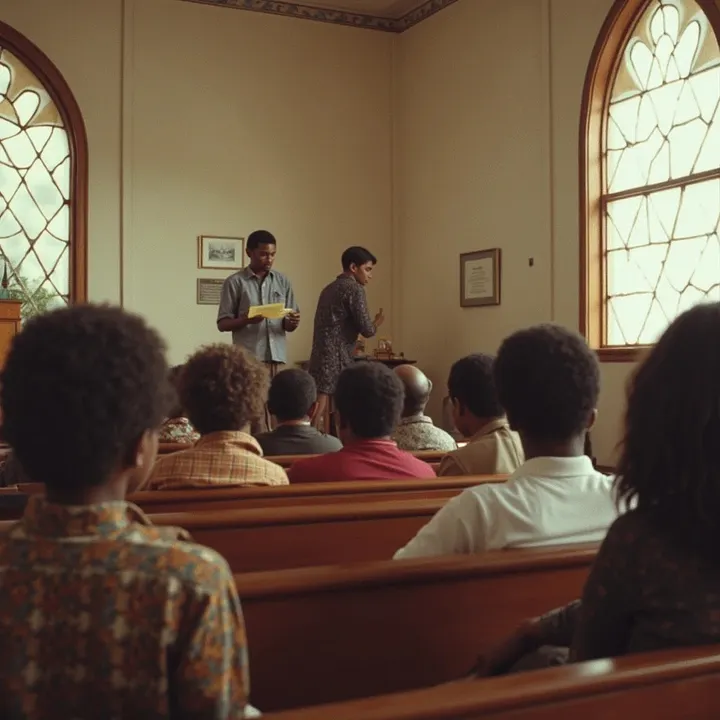
5. The Black Church Is a Confidence Builder When Done Right
The Black Church has always been more than a place of worship; it has been a source of confidence, identity, and resilience. It offered a safe space where individuals could find acceptance, develop skills, and see their worth reflected in the eyes of their community.
When leadership is authentic, and the mission is service-driven, the church can still empower people to dream bigger, act bolder, and believe in their ability to create change. But that requires intentional effort; returning to the foundational values that made the Black Church powerful in the first place.
Rebuilding the Foundation
This isn’t just about going back to church on Sundays. It’s about restoring the Black Church as a pillar of leadership, unity, education, and economic empowerment. It’s about demanding that pastors be more than preachers; that they be active, visible leaders who advocate for justice, invest in education, and nurture community businesses.
It’s about understanding that the challenges we face from economic instability to generational disconnection, are not insurmountable when we are united under a shared mission. We’ve seen what’s possible before, and history shows we can achieve it again.
The Black Church remains the most powerful example of what can happen when faith meets action, when leadership is tied to service, and when unity becomes a way of life. If there was ever a time to reclaim that legacy, it’s now.

